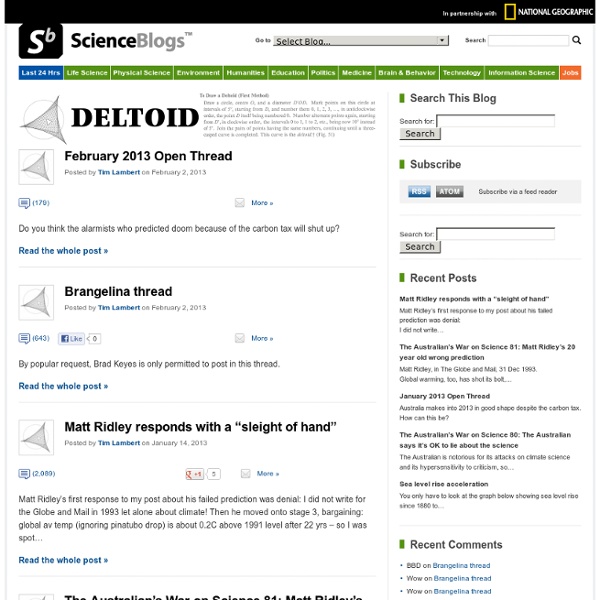



ClimateScienceWatch Fermi Paradox Front page - John Feeney The Cost of Energy At breakfast this morning, my wife reminded me that we picked up our Nissan Leaf exactly one year ago. Since I was looking for time to write a summary of our first year in EV-land, this looks like as good an excuse as any. The ultra-short answer: We love the car and we’re very happy with the overall price/performance. The longer answer, is, well, longer. Life with a Leaf took very little adjustment. The objection I hear from people who have never so much as touched an EV — “But you have to plug it in all the time!” The driving and ownership experience is great. I would change a few very minor things in my car, though. And yes, more battery range would be nice. My one regret There is one aspect of our Leaf experience I regret, and that’s getting it on only a two-year lease instead of the three year option. I’m equally sure that we’ll be leasing and not buying the next EV. Looking forward: EVs in general And then there’s the Ford Focus EV. Frankly, I can’t wait. [1] Forgive my sarcasm.
Climate Dilemma NERC - Climate change challenge summary Summary of the debate Introduction The Natural Environment Research Council's Chief Executive, Professor Alan Thorpe, challenged climate change sceptics to an online public debate in December 2006. Alan said, "If you don't believe the science then please tell us why, or if you are confused about it, then ask a question. In either case we will do our best to respond." A panel of climate change experts answered questions about the science of climate change and discussed a range of scientific theories that try to explain the recent global warming. The web discussion forum has provided the opportunity for sceptics of the science of human-induced climate change to be frank about their views. Many sceptical correspondents were knowledgeable about aspects of the scientific literature and have tried to use the (erroneous) argument that uncertainties in one aspect of the science means that the whole idea about human influence on climate must therefore be disregarded. Topics The scientific results
The Yale Forum on Climate Change & The Media Rabett Run Climate Feedback Sid Perkins In the coming decades, the world’s coral reefs will suffer a variety of indignities, from global threats such as warming seas and ocean acidification to local and regional problems such as overfishing and nutrient-rich runoff. If carbon dioxide emissions remain high until the end of the century, reef coverage may drop by 50 percent or more even if local threats are addressed aggressively, a new study suggests. Despite this bad news, another study provides a glimmer of hope for long-suffering reefs: In some cases, the coral ecosystems that rise to replace ones blighted by climate change may actually be more resistant to disease. In a paper to be published in Global Change Biology, Kenneth Anthony, a marine ecologist at the University of Queensland in Brisbane, Australia and his colleagues modeled how reefs of branching corals of the genus Acropora would fare under various levels of climate change and fishing.
Naptime is over. Global Warming Art